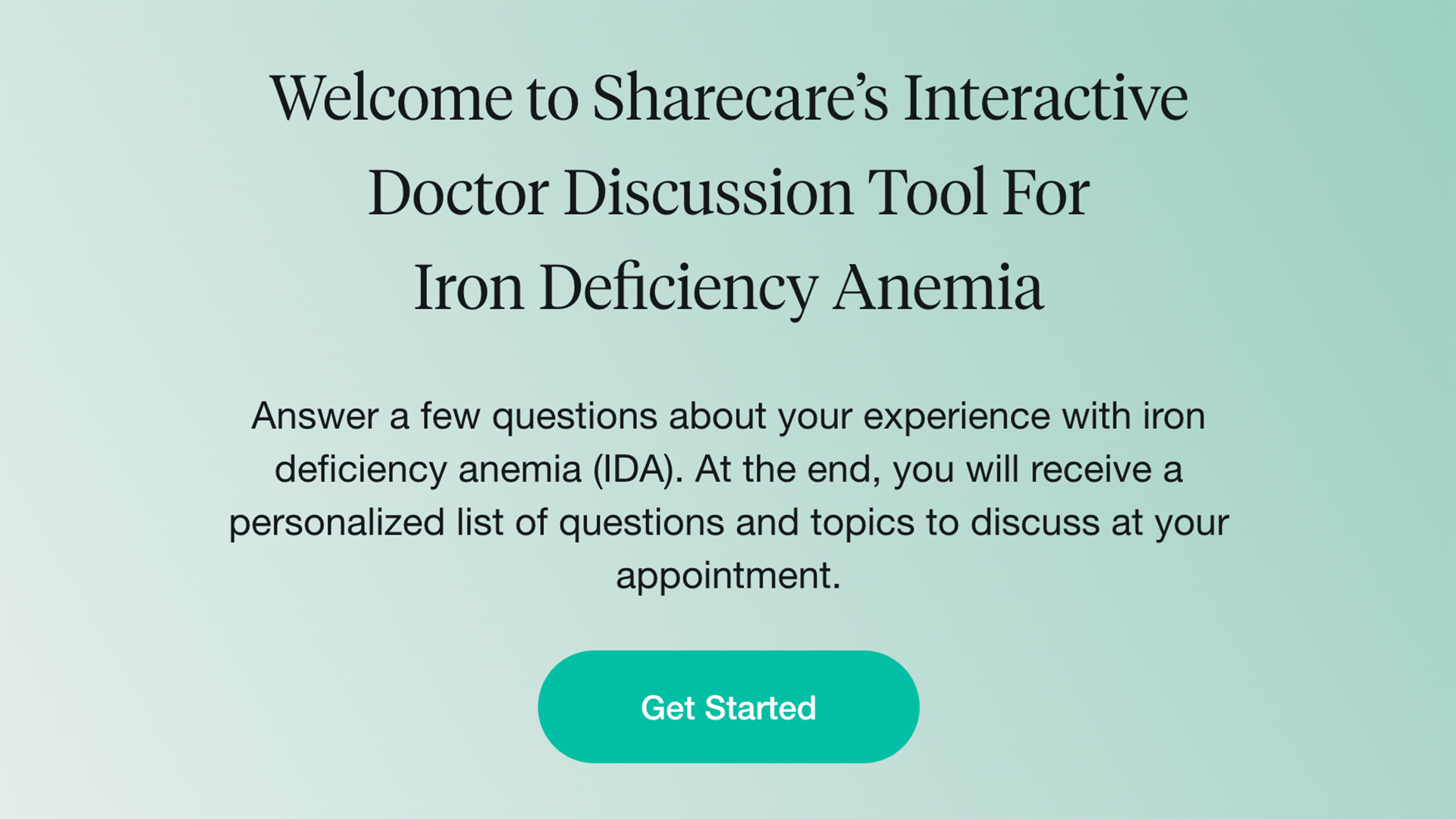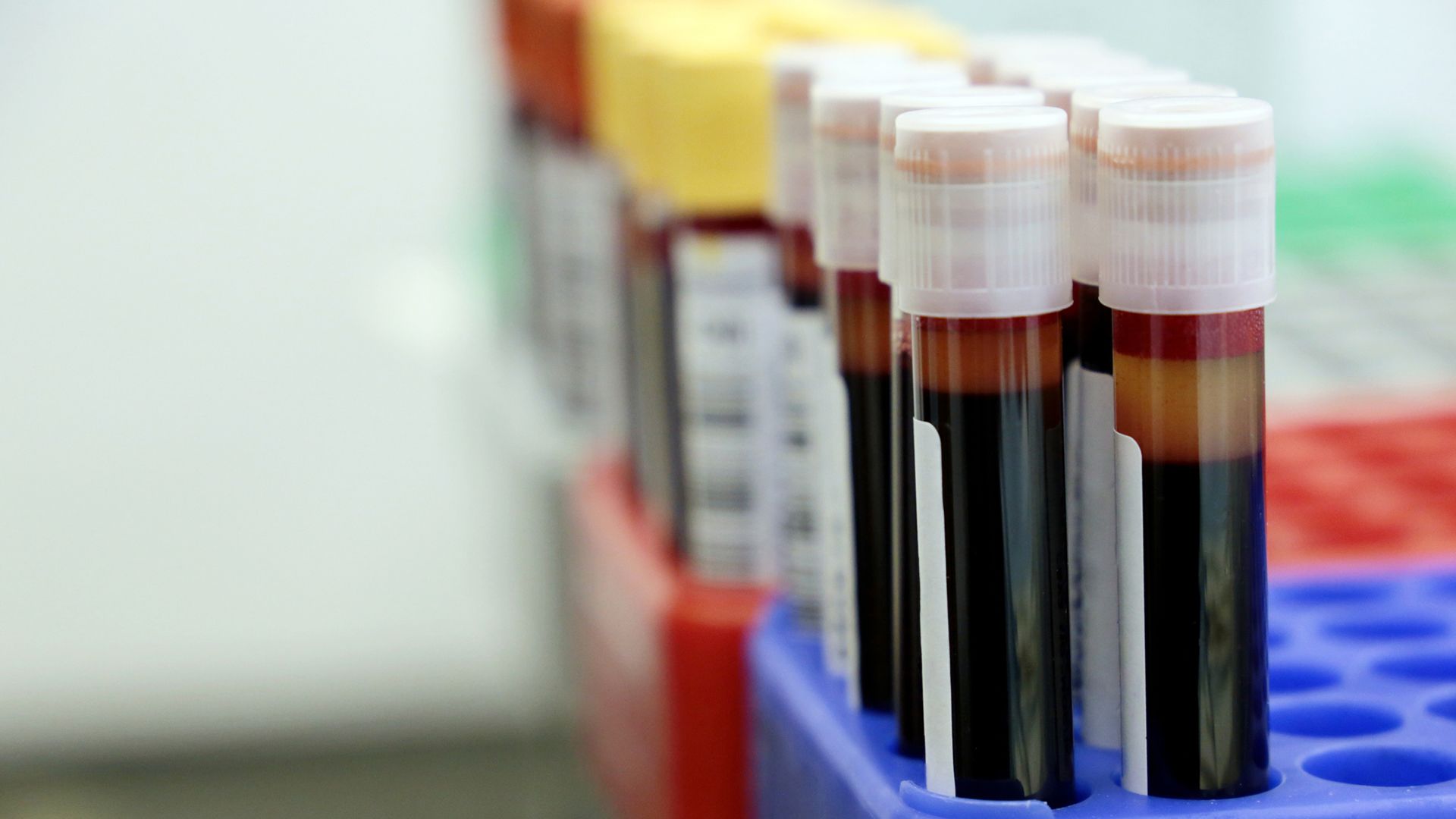Updated on October 25, 2024
Iron deficiency anemia is common in people with chronic kidney disease. In this video, Dr. Caudle explains how impaired kidney function can impact your red blood cell count.

Transcript
Hi, Dr. Caudle. Quick question for you. Is there anything I should know about managing my IDA if I've
also been diagnosed with non-dialysis dependent chronic kidney disease?
Hi there. Thanks for that question. It's definitely a good one. Anemia is pretty common in people with chronic kidney disease, or CKD.
Put simply, anemia is when your body doesn't have enough red blood cells, or the red blood cells you have aren't working right.
This causes your tissues and organs to not get enough oxygen. So why does this happen? Well, there are a number of factors.
Your kidneys might not be producing enough of a hormone called erythropoietin, or EPO, which tells your bone marrow to make
oxygen-rich red blood cells. In addition, iron deficiency can also be a factor, which can be a result of poor nutrition, blood
loss, and exacerbated by erythropoietic stimulating agents, or ESAs, which are often given to CKD patients.
One study found that anemia is a risk factor for mortality among patients with non-dialysis dependent chronic kidney
disease, or NDD CKD. The study suggests that patients who had anemia, with or without iron deficiency, had an increased risk
of all cause mortality by three times, and a nearly four times increased risk of cardiovascular mortality, compared
against people with neither anemia nor iron deficiency. While the good news is that evidence suggests that treating your IDA early in the progression of CKD
can pay dividends in the long run, including improving quality of life, disease outcomes, and may even slow the progression of CKD
to complete renal failure. If you have CKD and IDA, work with your doctor to develop a personalized plan.
Your doctor may recommend medication, diet and lifestyle changes, and this is really important-- if you don't understand something, ask
clarifying questions until you do understand. Having an open and honest relationship with your health care provider can go a long way in getting your IDA and NDD CKD




